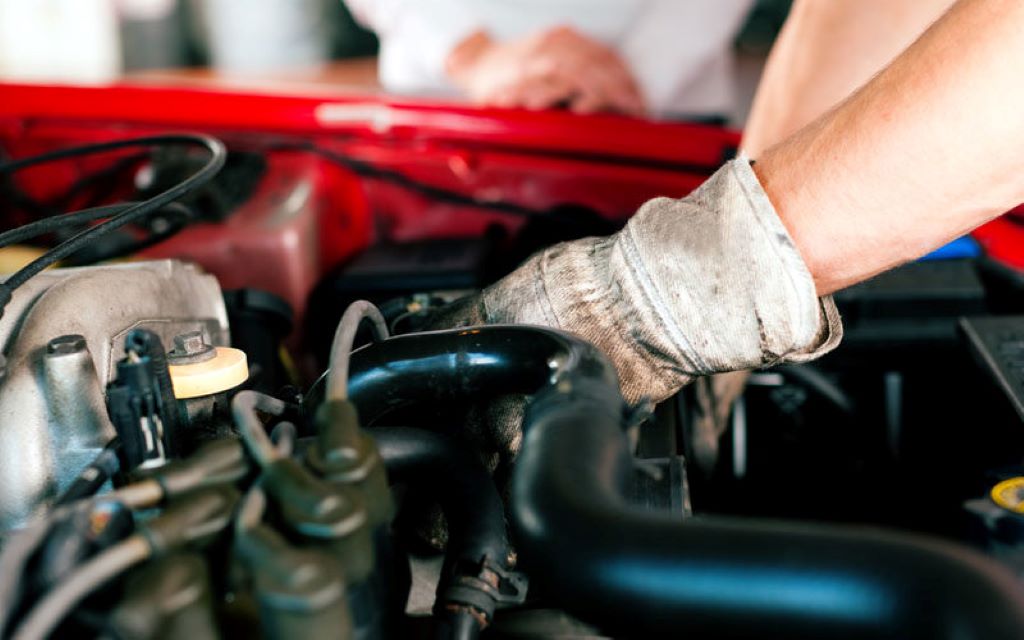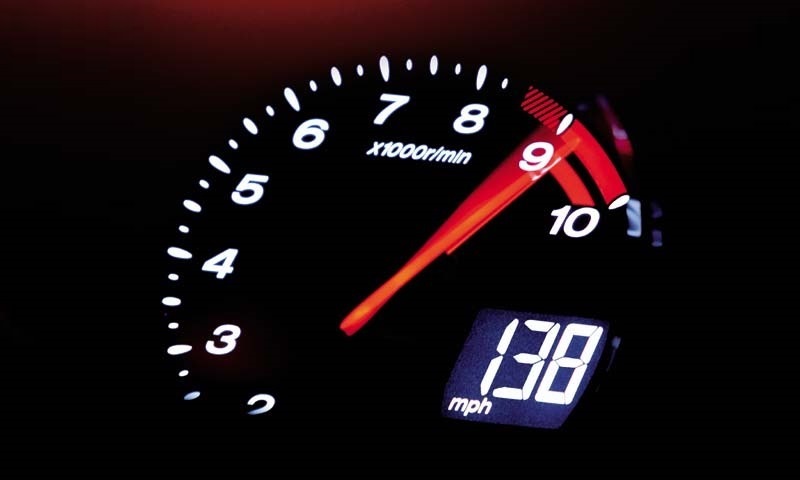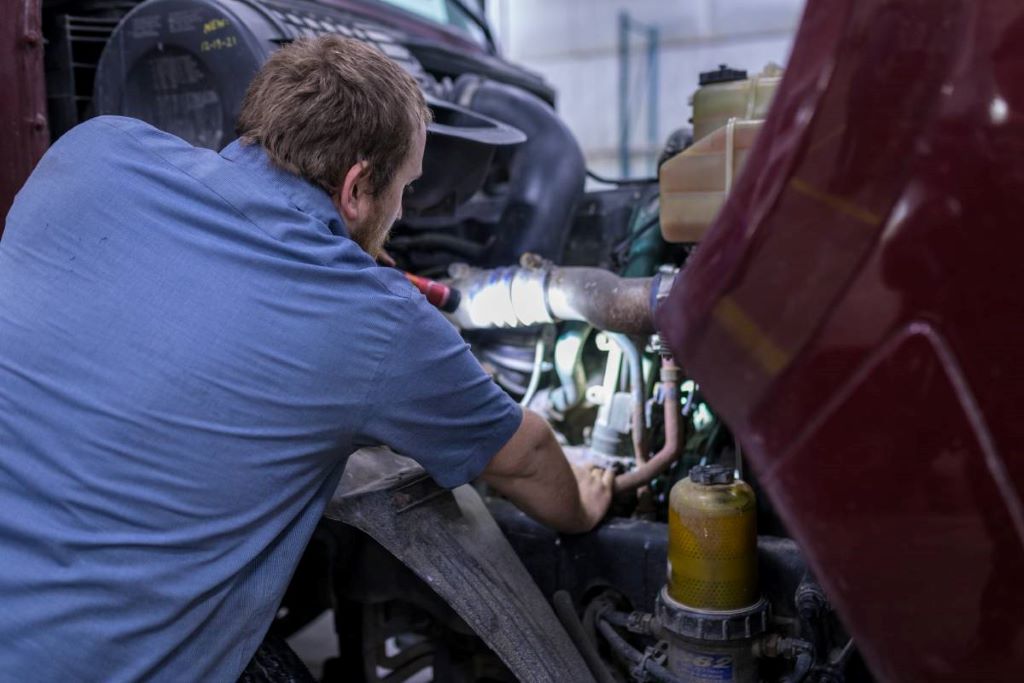Performance enthusiasts and everyday drivers alike know that a well-maintained vehicle offers a smoother ride, better fuel efficiency, and a longer lifespan. One key element of car care is the often-misunderstood tune-up. Let’s delve into what a tune-up entails, the factors influencing its cost, and how to ensure you’re getting the best value.
What Exactly is a Tune-Up?
Gone are the days when tune-ups involved adjusting carburetors and distributor caps. In modern cars, tune-ups are more focused on inspections, replacements, and adjustments that optimize performance and efficiency. A typical tune-up may include:
- Spark Plug Replacement: Spark plugs ignite the fuel-air mixture in your engine. Worn plugs can lead to misfires, reduced power, and decreased fuel economy.
- Air Filter Replacement: A clean air filter ensures your engine gets the oxygen it needs for optimal combustion.
- Fuel Filter Replacement: This prevents dirt and debris from clogging your fuel system.
- Fluid Checks & Top-offs: Engine oil, coolant, brake fluid, power steering fluid, and transmission fluid levels are checked and topped off as needed.
- Belt & Hose Inspection: Belts and hoses that show signs of wear or damage are identified and potentially replaced.
- Visual Inspection: Mechanics look for any other signs of wear, leaks, or potential issues that could affect your car’s performance.
- Diagnostic Scan: A scan tool is used to check for trouble codes stored in your car’s computer, which can help identify hidden problems.
Related: What is the Difference Between Performance and Tuning?
The Cost Conundrum: What Affects the Price Tag?
The cost of a car tune-up can vary wildly. Here are the key factors that come into play:
- Type of Tune-Up: A basic tune-up with just spark plugs and an air filter will be cheaper than a more comprehensive service that includes additional replacements and checks.
- Make & Model of Your Car: Some cars require specialized parts or have more complex engines, which can increase labor costs.
- Your Location: Labor rates vary depending on where you live. Urban areas often have higher prices than rural ones.
- Choice of Mechanic: Dealerships usually charge more than independent shops, but they may have specialized knowledge of your car’s specific needs.
The Average Cost Breakdown
For a basic tune-up, you can expect to pay anywhere from $50 to $200. A more comprehensive tune-up could run between $200 and $800. If additional repairs are needed, the price will naturally increase.
Getting the Best Bang for Your Buck
- Compare Prices: Get quotes from multiple shops to see who offers the best value.
- Ask About the Specific Services: Ensure you understand exactly what’s included in the tune-up.
- Consider Your Car’s Age & Mileage: Older cars may require more frequent or extensive tune-ups.
- Look for Specials & Discounts: Many shops offer seasonal deals on tune-ups.
- Don’t Skip It: Neglecting regular maintenance can lead to bigger problems down the road.
When is a Tune-Up Necessary?
There’s no one-size-fits-all answer, but most manufacturers recommend a tune-up every 30,000 to 50,000 miles. However, pay attention to your car’s performance. If you notice rough idling, decreased fuel economy, engine misfires, or the “check engine” light, it might be time for a tune-up.
In Conclusion
A car tune-up is an investment in your vehicle’s longevity and your driving experience. By understanding what’s involved and researching your options, you can find a tune-up that fits your budget and keeps your ride running smoothly.






